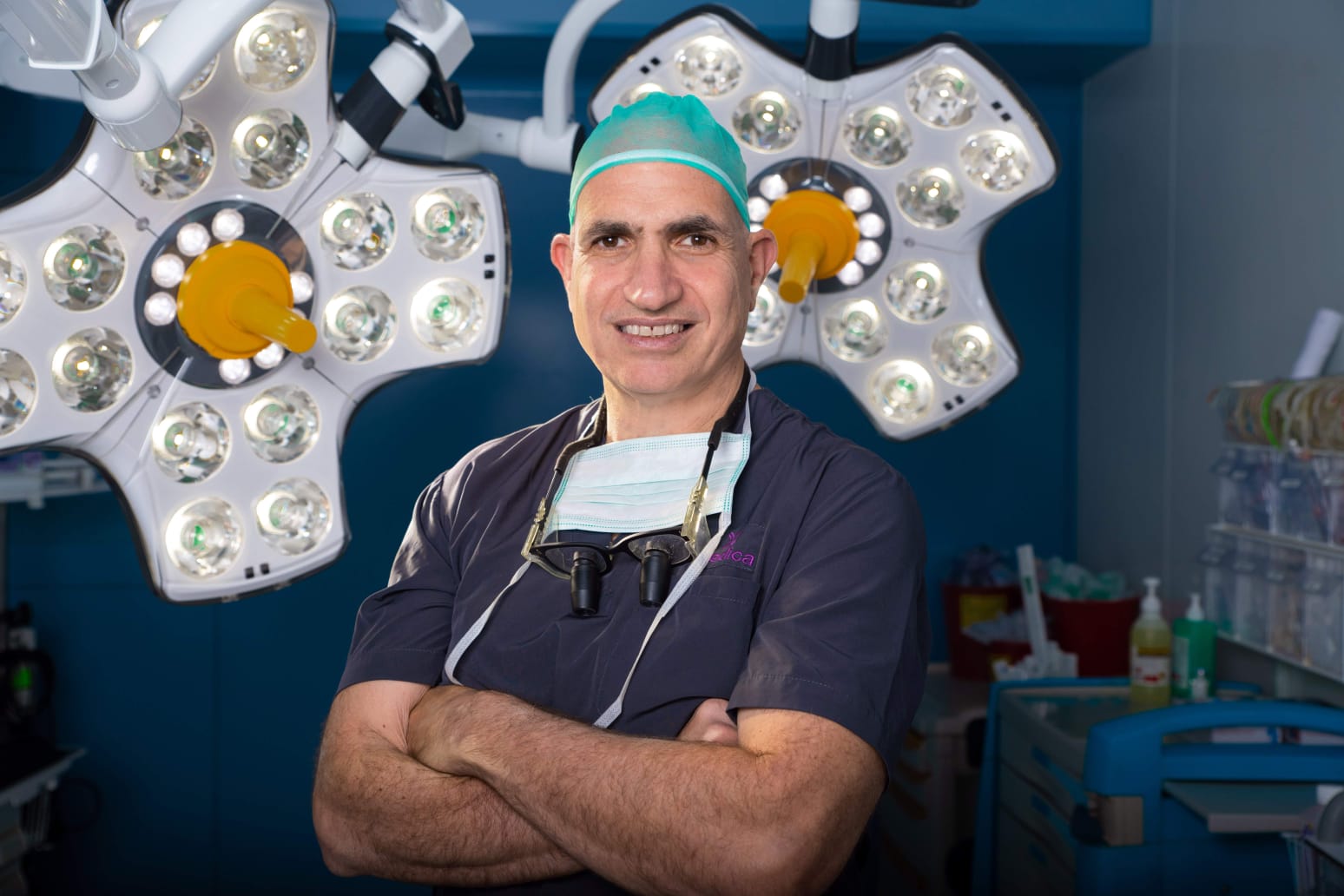Intrauterine Insemination (IUI) is a popular fertility treatment that offers hope to many couples struggling with infertility. Understanding the success rate of IUI is crucial for those considering this option. This article delves into the factors affecting IUI success, compares it with other treatments, and provides insights into improving the chances of conception.
What is the Average IUI Success Rate?
The average success rate of IUI varies depending on several factors, including age and underlying fertility issues. Generally, the success rate ranges from 10% to 20% per cycle. However, younger women tend to have higher success rates compared to older women.
- Age Group Success Rates : Women under 35 have a success rate of approximately 20%, while those over 40 may experience rates as low as 5%.
- Influence of Fertility Issues : The presence of specific fertility issues can significantly impact the success rate, with some conditions leading to lower chances of conception.
Factors Affecting IUI Success
Age-Related IUI Success Statistics
Age is a critical factor in determining the success of IUI. As women age, the quality and quantity of their eggs decline, reducing the likelihood of successful conception.
- Under 35 Years : Approximately 20% success rate per cycle.
- 35-40 Years : Success rates drop to around 10-15%.
- Over 40 Years : Success rates can be as low as 5%.
Intrauterine Insemination (IUI) Procedure Overview
Understanding the IUI procedure is essential for those considering this treatment. It involves placing sperm directly into a woman’s uterus to facilitate fertilization.
Candidates for IUI Treatment
IUI is suitable for couples with unexplained infertility, mild male factor infertility, or cervical mucus issues. It is also an option for single women or same-sex couples using donor sperm.
- Unexplained Infertility : Couples with no identifiable cause for infertility.
- Mild Male Factor Infertility : Low sperm count or motility issues.
- Cervical Mucus Problems : Issues that prevent sperm from reaching the egg.
Step-by-Step IUI Process
The IUI process involves several steps, including ovarian stimulation, sperm preparation, and insemination.
- Ovarian Stimulation : Medications are used to stimulate the ovaries to produce multiple eggs.
- Sperm Preparation : Sperm is collected and washed to concentrate the healthiest sperm.
- Insemination : The prepared sperm is inserted into the uterus using a thin catheter.
Improving IUI Success Chances
Ovarian Stimulation Techniques
Ovarian stimulation is a crucial part of the IUI process, as it increases the number of eggs available for fertilization.
- Clomiphene Citrate : A common medication used to stimulate ovulation.
- Gonadotropins : Injectable hormones that stimulate the ovaries to produce multiple eggs.
Sperm Preparation Methods
Proper sperm preparation is vital for maximizing the chances of successful fertilization.
- Sperm Washing : Removes impurities and concentrates motile sperm.
- Density Gradient Centrifugation : Separates healthy sperm from debris and non-motile sperm.
IUI vs. IVF Success Rates Comparison
Cost-Effectiveness Analysis
IUI is generally more cost-effective than In Vitro Fertilization (IVF), making it an attractive option for many couples.
- IUI Costs : Typically ranges from AED 1,100 to AED 3,700 per cycle.
- IVF Costs : Can range from AED 44,100 to AED 55,100 per cycle.
Treatment Duration Differences
IUI cycles are shorter and less invasive compared to IVF cycles, which require more extensive procedures and monitoring.
- IUI Cycle Duration : Approximately 2-3 weeks.
- IVF Cycle Duration : Typically 4-6 weeks.
Multiple IUI Cycles and Cumulative Success Rates
Optimal Number of IUI Attempts
The cumulative success rate of IUI increases with multiple cycles, but there is an optimal number of attempts before considering alternative treatments.
- Recommended Attempts : Generally, 3-6 cycles are recommended before exploring other options.
- Cumulative Success Rate : Increases with each cycle, reaching up to 60% after 6 cycles.
When to Consider Alternative Treatments
If IUI is unsuccessful after several attempts, it may be time to consider other fertility treatments such as IVF.
- Indicators for IVF : Persistent infertility after multiple IUI cycles, severe male factor infertility, or advanced maternal age.
Underlying Fertility Issues and IUI Outcomes
Male Factor Infertility
Male factor infertility can significantly impact IUI success rates, depending on the severity of the condition.
- Mild Cases : IUI can be effective for mild male infertility.
- Severe Cases : IVF or Intracytoplasmic Sperm Injection (ICSI) may be more appropriate.
Female Factor Infertility
Female fertility issues, such as ovulation disorders or endometriosis, can also affect IUI outcomes.
- Ovulation Disorders : May require additional medications to stimulate ovulation.
- Endometriosis : Can reduce the chances of successful implantation.
IUI Risks and Side Effects
Multiple Pregnancy Rates
IUI carries a risk of multiple pregnancies, especially when combined with ovarian stimulation.
- Twins or More : Approximately 10-20% chance of twins with IUI.
- Higher-Order Multiples : Less common but possible with aggressive stimulation.
Ovarian Hyperstimulation Syndrome (OHSS)
OHSS is a potential side effect of ovarian stimulation, characterized by swollen, painful ovaries.
- Mild Cases : Symptoms include bloating and mild abdominal pain.
- Severe Cases : May require hospitalization and careful monitoring.
Medications Used in IUI Treatment
Clomiphene Citrate
Clomiphene Citrate is a widely used medication to induce ovulation in women undergoing IUI.
- Mechanism : Stimulates the release of hormones necessary for ovulation.
- Side Effects : May include hot flashes, mood swings, and ovarian cysts.
Gonadotropins
Gonadotropins are injectable hormones used to stimulate the ovaries to produce multiple eggs.
- Types : Includes FSH and LH injections.
- Monitoring : Requires regular ultrasounds to monitor follicle development.
Post-IUI Care and Monitoring
Two-Week Wait Period
The two-week wait period after IUI can be an emotional time for couples, as they await the results of the treatment.
- Emotional Support : Important to manage stress and anxiety during this period.
- Lifestyle Recommendations : Maintain a healthy diet and avoid strenuous activities.
Pregnancy Testing and Follow-up
Pregnancy testing is typically done two weeks after IUI to determine if the treatment was successful.
- Home Pregnancy Tests : Can be used initially, but a blood test is more accurate.
- Follow-up Appointments : Necessary to monitor early pregnancy and address any concerns.
Advancements in IUI Technology and Techniques
Recent advancements in IUI technology and techniques have improved success rates and patient experiences.
- Improved Sperm Selection : Techniques like microfluidic sperm sorting enhance sperm quality.
- Enhanced Monitoring : Advanced imaging and monitoring tools provide better insights into follicle development.
Final Thoughts
IUI is a valuable fertility treatment option for many couples, offering a less invasive and more affordable alternative to IVF. Understanding the factors that influence IUI success rates and exploring ways to improve outcomes can help couples make informed decisions about their fertility journey.
Frequently Asked Questions
What is the success rate of IUI on the first try?
The success rate of IUI on the first try is generally around 10-20%, depending on factors such as age and underlying fertility issues. Younger women and those with fewer fertility challenges tend to have higher success rates.
How can I increase my chances of IUI success?
To increase your chances of IUI success, consider optimizing your health and lifestyle, following your doctor’s recommendations for medications, and ensuring proper timing of the procedure. Additionally, managing stress and maintaining a healthy weight can positively impact outcomes.
Is IUI more successful than natural conception?
IUI can be more successful than natural conception for couples with specific fertility issues, such as mild male factor infertility or cervical mucus problems. However, for couples without these challenges, natural conception may have similar success rates.
How many IUI cycles should be attempted before moving to IVF?
It is generally recommended to attempt 3-6 IUI cycles before considering a transition to IVF. If IUI is unsuccessful after multiple attempts or if there are severe fertility issues, IVF may offer a higher chance of success.
What are the signs of successful IUI implantation?
Signs of successful IUI implantation can include mild cramping, spotting, and breast tenderness. However, these symptoms can also be related to other factors, so a pregnancy test is necessary to confirm success.


